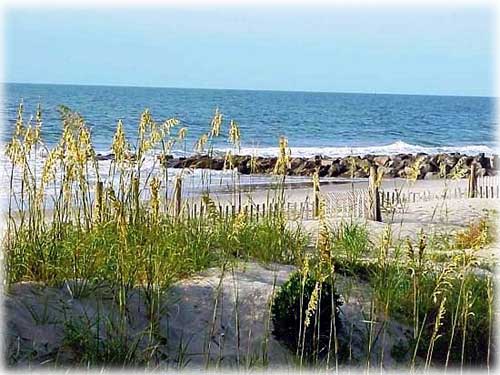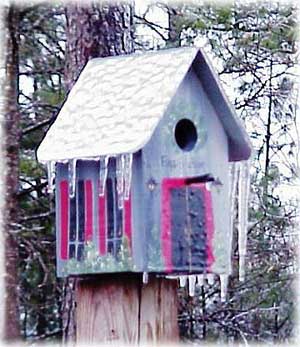 Global Warming: Is it really such a bad idea? by Bob Ciminel
The Kyoto Protocol is clearly a case of letting foxes into the henhouse. The authors and supporters of the Protocol are the same people who oppose both nuclear and fossil power plants, and want to go full speed ahead replacing them all with green power. I think, in the end, they will be successful in convincing the developed countries that the benefits of switching to non-polluting energy production are worth the additional expense. I don't believe it will happen in my lifetime, but it will happen, and that will be good for my great-grandchildren. Where I totally disagree with doomsday proponents is their insistence that the world is on the path to creating a major global climate change if its inhabitants continue emitting mega-tons of carbon dioxide into the atmosphere. I take an opposite approach; I believe there actually are some upsides to global warming. Let me explain. As I understand it, the great forests that formed the world's coal beds during the Carboniferous Era existed because there were large amounts of carbon dioxide in the atmosphere, primarily from the millions of volcanoes created as the earth out-gassed and solidified. The carbon dioxide trapped both solar and geothermal heat, creating the greenhouse effect we worry so much about today. I view the whole carbon cycle as synergy in action. Prehistoric plants turned carbon dioxide gas into carbon, which eventually metamorphosed into coal. We burn the coal, creating carbon dioxide gas that plants turn back into carbon through photosynthesis. This cycle seems to have worked well throughout the Earth's history, so why are we intent on trying to alter what appears to be a very efficient process? If we allow the carbon dioxide levels in the atmosphere to rise, we will raise the earth's average temperature and humidity. Plants love high temperatures and high humidity. What's the problem here? The problem is man never leaves well enough alone. The carbon dioxide-carbon-carbon dioxide cycle is what put my former home town of Pittsburgh, Pennsylvania at the center of the Industrial Revolution in America. Those huge prehistoric forests of carbon-producing flora became the world famous Pittsburgh coal seam, a 15,000-square mile, eight-foot thick square mile natural resource containing over 53 billion tons of bituminous coal. Even at the mid-nineteenth century price of five cents a bushel, that coal was worth 75 billion dollars, more valuable than all of the gold produced in California during the 1849 to 1864 Gold Rush. William Penn and his family purchased the 8,600,000 acres of land sitting atop the Pittsburgh Seam for $10,000. In comparison, that was probably a better deal than the $24 the Dutch paid for New York City.  Photo by Bob Ciminel
Sure, there will be a downside if the Earth heats up. The polar ice caps will melt and sea level will rise. However, even that has intrinsic benefits only a Georgia Cracker can appreciate. If the ice caps melt, the salinity of the Atlantic Ocean will decrease, allowing our hybrid striped bass to migrate from our fresh water lakes into the littoral regions along the coast. With sea level 300 feet higher, the beach will be at the Fall Line where the Piedmont Plateau and the Atlantic Coastal Plain meet. Augusta and Macon, Georgia will become seaside resorts. We could be at the beach in two hours!
Bob Ciminel lives in Roswell, Georgia, and works for the Institute of Nuclear Power Operations. Bob is also a conductor on the Blue Ridge Scenic Railway. ciminel@sitnews.us
|
||
